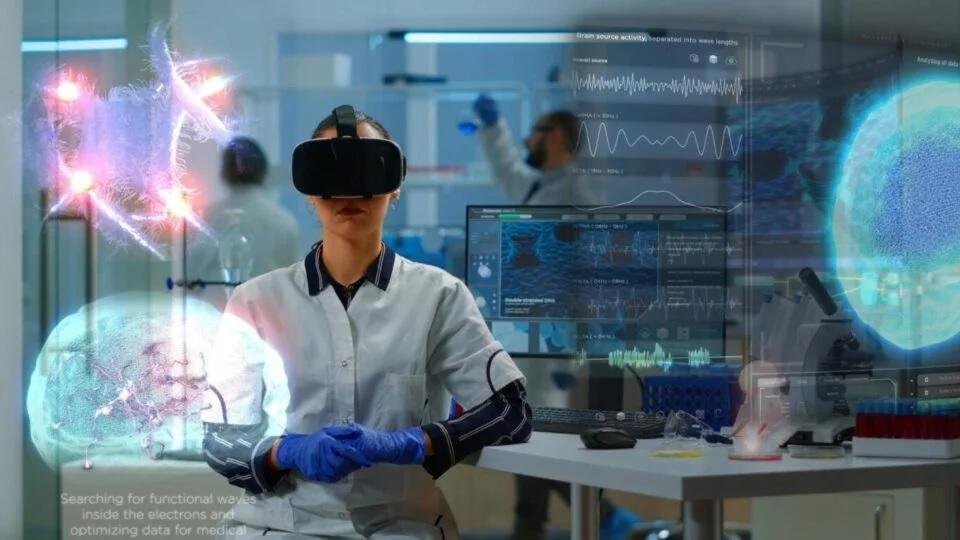The amalgamation of artificial intelligence (AI) and wearable technology has transformed how healthcare providers monitor and manage patients’s health through emergency responses, early-stage diagnostics, and medical research.
Therefore, AI-powered wearables are a boon to the digital era as they lower the cost of care delivery, eliminate healthcare providers’ friction, and optimize insurance segmentations. According to research by MIT and Google, these portable medical devices are equipped with large language models (LLMs), machine learning (ML), deep learning (DL), and neural networks that provide personalized digital healthcare solutions catering to each patient’s needs, based on user demographics, health knowledge, and physiological data.
In today’s article, let’s explore the influence of these powerful technologies that have reshaped personalized healthcare solutions.
AI Applications for Real-Time and Personalized Health Monitoring
Many tech giants and startup companies are focusing on developing wearables targeting elderly patients, Gen Z, and patients with chronic diseases. Each cutting-edge wearable device comes with health monitoring features that aid medical professionals in getting detailed vitals about patients. However, with time, the advancements increased, and wearables are not just focused on vital checking but also on predicting diseases and giving feedback on medications.
Let’s take a quick look at the advancements that AI-powered wearables have made that influence the growth of wearable devices.
Disease Prediction and Diagnosis
Compared to traditional, time-consuming, and expensive lab-based diagnostic tools for disease diagnostics, AI-based techniques provide real-time monitoring capabilities and personalized health monitoring with accurate data. Allowing healthcare professionals to treat diseases on an individual basis. For instance, AI-based wearable biosensors were used for cancer detection using a dual-gate FET and samples with multiple biomarkers. This speeds up the accuracy levels of the wearables and can be adjusted to give perfect measurements of physical reactions, heart rates, and energy levels.
Treatment and Feedback
AI-based wearable devices can be used to manage diseases through in-situ therapy, allowing healthcare professionals to make faster decisions and receive more effective treatment. For instance, several studies focused on using wearable microneedles to intake drugs for diabetic patients and give feedback provided by continuous and real-time monitoring of glucose levels in different biofluids. The AI techniques even determine the level of medications, relying on the disease stage, to avoid overtreatment or mistreatment.
The evolution of wearables and the integration of these technologies in the healthcare sector have ushered in a new era of personalized healthcare solutions, as these gadgets can empower patients to take charge of their health and also enable medical professionals to provide effective interventions when needed. This action will not only exceed patients’ expectations but will also ensure competition in the market and develop a product that is more effective and unique.
To Know More, Read Full Article @ https://ai-techpark.com/ai-powered-wearables-in-healthcare/
Read Related Articles:


